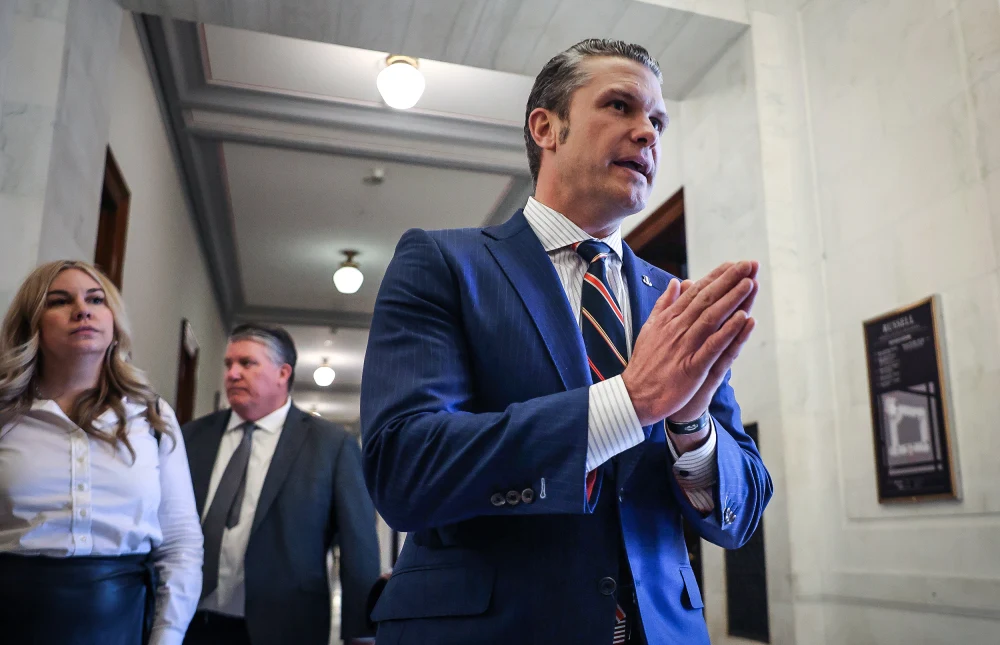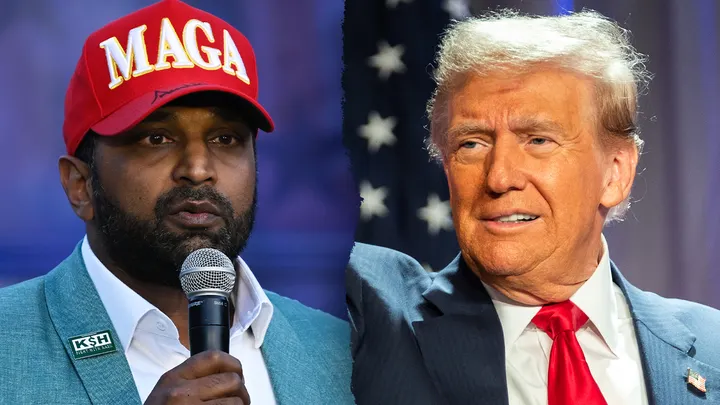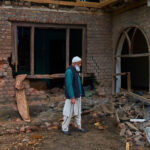Now Reading: Sanctuary Cities Gear Up to Counter Trump’s Mass Deportation Plans
-
01
Sanctuary Cities Gear Up to Counter Trump’s Mass Deportation Plans
Sanctuary Cities Gear Up to Counter Trump’s Mass Deportation Plans
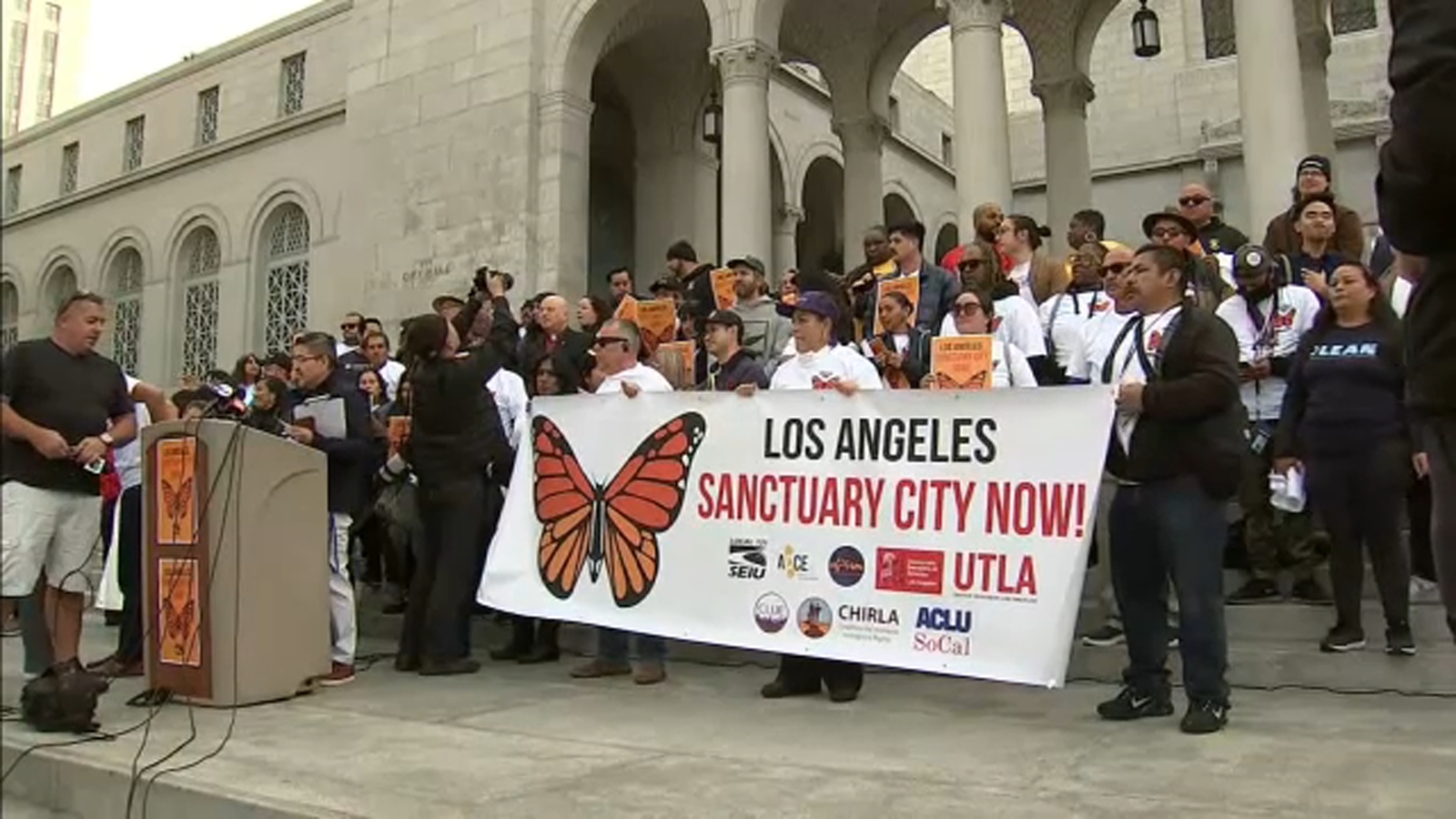
As President-elect Donald Trump accelerates plans for sweeping deportations, sanctuary cities across the United States are preparing for a showdown to protect immigrant communities. From Los Angeles to Chicago, local governments, activists, and community leaders are organizing resistance to counter the incoming administration’s aggressive immigration policies.
Trump’s Deportation Strategy
Trump’s renewed focus on immigration enforcement includes plans to use the military, expand ICE raids, and penalize sanctuary cities by threatening federal funding cuts. His appointed “border czar,” Tom Homan, has made it clear that the federal government intends to push forward with mass deportations, regardless of local opposition.
Homan’s remarks have fueled concern among immigrant rights advocates, who warn of the legal, social, and humanitarian challenges that such measures will bring. These policies disproportionately affect undocumented immigrants living in blue states and sanctuary cities, setting the stage for a clash between local and federal authorities.
Sanctuary Cities Respond
Sanctuary cities, which limit cooperation with federal immigration enforcement, are stepping up efforts to shield their residents. Leaders like Denver’s Mayor Mike Johnston and Chicago’s Alderman Carlos Ramirez-Rosa are spearheading initiatives to resist deportations and empower immigrant communities.
Key responses include:
- Passing Sanctuary Policies: Cities like Los Angeles and New York are reaffirming their sanctuary status, ensuring local law enforcement won’t cooperate with ICE.
- Community Training: Organizations are holding workshops to educate immigrants about their rights during ICE raids and how to access legal assistance.
- Civil Disobedience: Local leaders and activists are preparing for acts of nonviolent resistance to disrupt deportation efforts and draw attention to the issue.
“We will stand together as a community and fight to keep families united,” Johnston said, emphasizing the importance of collective action.
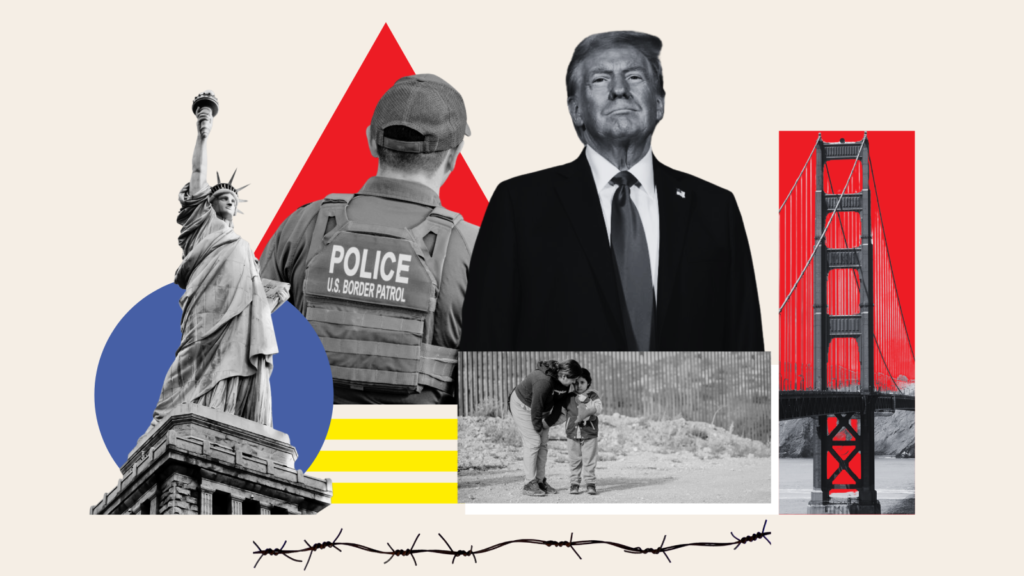
Legal and Humanitarian Challenges
Trump’s approach raises significant questions about states’ rights and the balance of power between federal and local governments. Legal battles are expected as sanctuary cities push back against federal efforts to override their policies. Advocates argue that Trump’s plans risk violating constitutional protections and human rights by targeting vulnerable populations indiscriminately.
Immigrant communities are also bracing for the psychological and social toll of these policies. Increased deportations can lead to family separations, disruptions in local economies, and heightened fear within immigrant populations.
Can Resistance Slow Trump’s Plans?
The fight ahead will test the resilience of sanctuary cities and their ability to mobilize against federal enforcement. Local leaders hope to delay or mitigate the impact of mass deportations through legal challenges, organized resistance, and public pressure.
At the heart of this battle is the question of who defines immigration policy in America—local communities or the federal government. As Trump’s administration prepares to crack down, sanctuary cities are gearing up for one of the most consequential fights in recent immigration history.
What do you think about sanctuary cities resisting Trump’s deportation plans? Should local governments have the power to counter federal immigration policies, or does this set a dangerous precedent? Share your thoughts below!
Keywords/Tags:
Sanctuary cities, Trump deportation plans, immigration policy, mass deportations, immigrant rights, civil disobedience, local resistance, Los Angeles sanctuary policies, Chicago immigration training, ICE raids, Trump administration, federal immigration enforcement, human rights, organized resistance, civil rights advocacy

